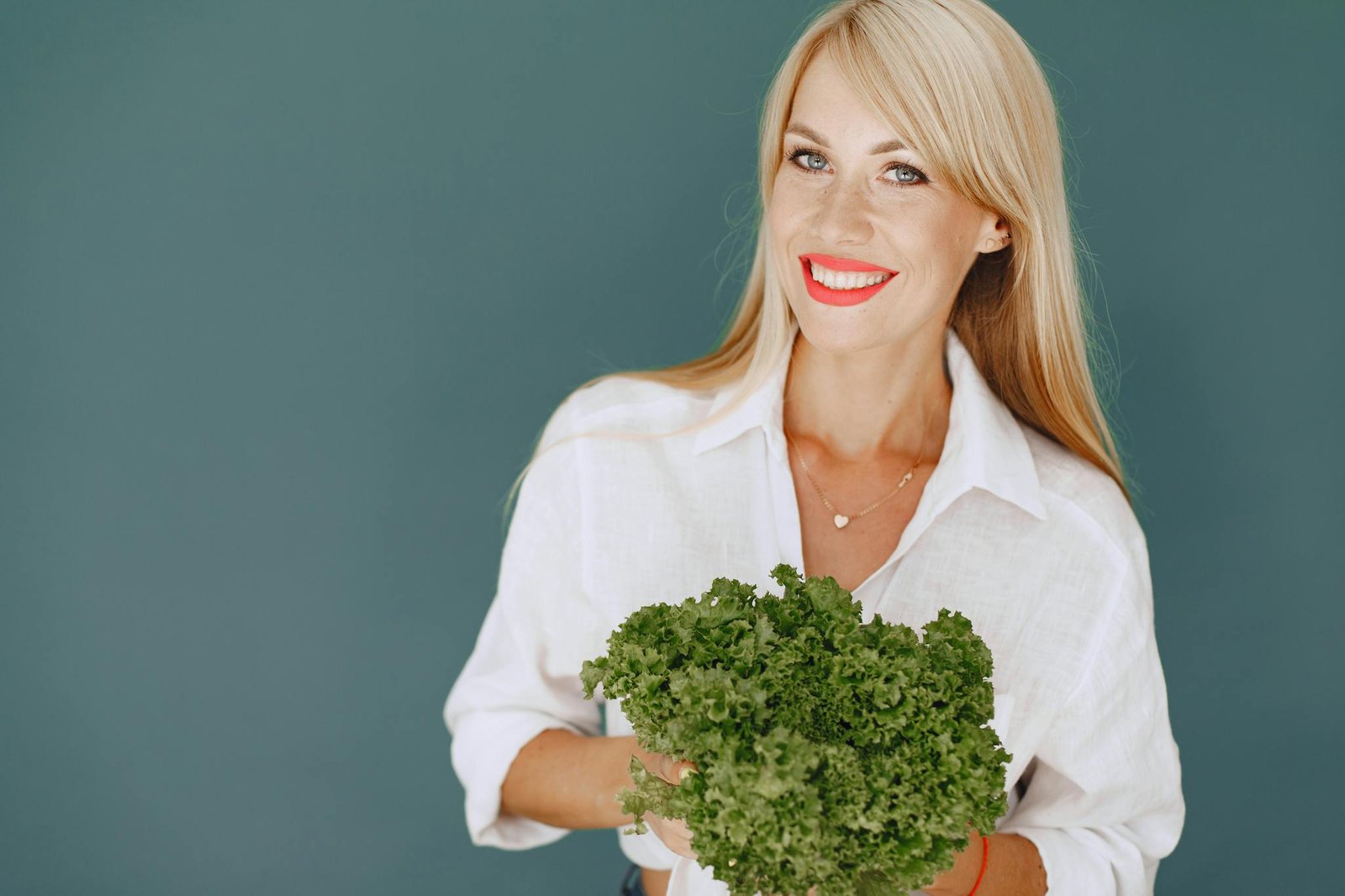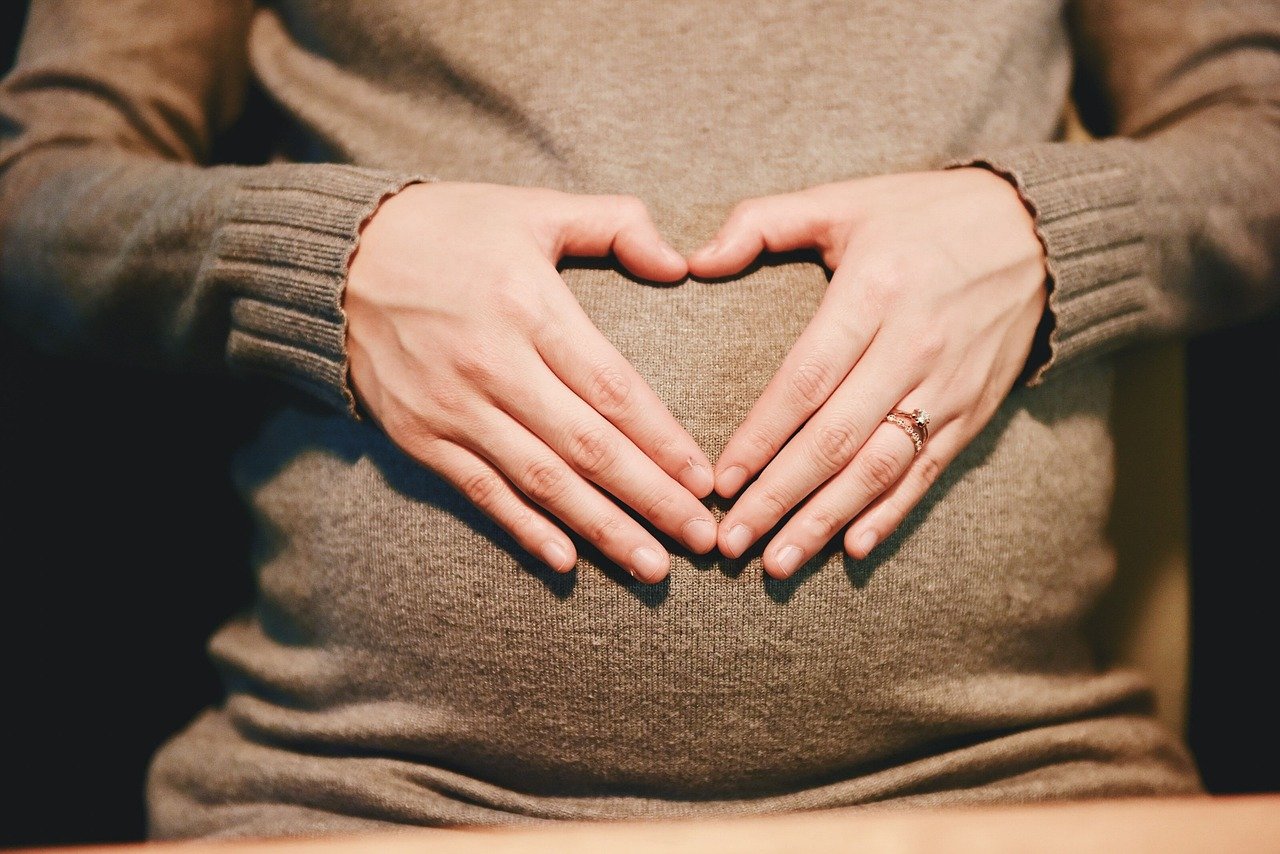Eating Healthy During Pregnancy
Eating a nutritious diet during pregnancy is vital for the health of the mother and the proper development of the baby. When pregnant, a woman’s body requires additional nutrients, vitamins, and minerals. Not paying enough attention to your diet during this crucial time can have repercussions on both the mother’s well-being and the baby’s health. Below, we discuss key components and tips for maintaining a healthy diet during pregnancy.
**Increase Intake of Key Nutrients**
First and foremost, the need for certain nutrients increases during pregnancy. These include folic acid, iron, calcium, and protein.
1. **Folic Acid**: Vital for preventing neural tube defects, folic acid is crucial in the early stages of pregnancy. Sources include leafy green vegetables, nuts, beans, and citrus fruits. Many doctors also recommend taking a prenatal vitamin that contains folic acid.
2. **Iron**: Essential for making hemoglobin, the protein in red blood cells that carries oxygen to other cells. Increased blood volume during pregnancy means the need for more iron to support the mother and the baby. Good sources are lean meat, beans, tofu, and cooked spinach.
3. **Calcium**: Important for building the baby’s bones and teeth. Dairy products, broccoli, kale, and fortified grains and beverages are excellent sources.
4. **Protein**: Crucial for the growth of the baby during the second and third trimesters. Include lean meats, eggs, dairy products, beans, and nuts in your diet.
**Maintain a Balanced Diet**
Incorporate a variety of foods from different food groups to maintain a balanced diet. Focus on fruits, vegetables, whole grains, proteins, and fats.
– **Fruits and Vegetables**: Aim for at least 5 portions per day. These provide vitamins, minerals, and fiber which help digestion and prevent constipation.
– **Whole Grains**: Replace white bread and pasta with whole grain alternatives like whole wheat bread and pasta, oatmeal, and brown rice. Whole grains provide extra nutrients and fiber.
– **Healthy Fats**: Include sources of healthy fats such as avocados, nuts, seeds, and olive oil, which are important for the baby’s brain development.
**Stay Hydrated**
Drinking plenty of water is important during pregnancy as it helps in forming the placenta and the amniotic sac. Hydration can also help prevent urinary tract infections, which are common during pregnancy.
**Limit Certain Foods**
Certain foods should be limited or avoided because of potential harm to the baby:
– **Raw or Undercooked Meats and Eggs**: Can be a source of harmful bacteria and viruses.
– **Unpasteurized Foods**: Such as some cheeses and milk which can carry bacteria.
– **High Mercury Fish**: Such as shark, swordfish, king mackerel, and tilefish should be avoided. Opt for lower mercury options like shrimp, salmon, catfish, and canned light tuna.
**Watch Portion Sizes**
Although it’s true that you are eating for two during pregnancy, it doesn’t mean you need twice the calories. A typical pregnant woman needs only about 300 extra calories per day. Listening to your body and eating when hungry, but focusing on nutrient-rich foods rather than empty calorie snacks, is a sound approach.
**Managing Morning Sickness**
For many, morningsickness can make eating healthily a challenge. Ginger tea can help sooth the stomach. Eating small, frequent meals rather than three large ones can also help.
**Pregnancy is a Special Time**
Remember that pregnancy is a special time that requires particular nutritional strategies. Consulting with a healthcare provider or a dietitian can provide personalized advice based on individual health needs. Regular, balanced meals and healthy snacking can vastly benefit both the mother and the baby’s health.

